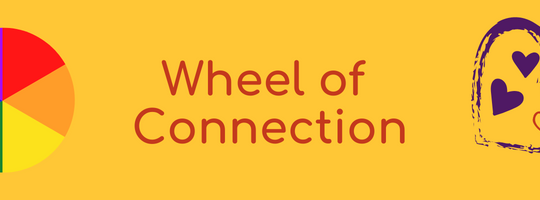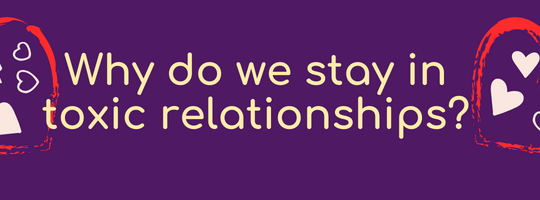In the default, mono-normative relationship model, wanting a balanced relationship means both partners put in the effort and enjoy the rewards of the relationship equally.
Clearly, balance is not inherent to relationships and is not always desirable to either partner. So long as there is a clear, consensual agreement between all parties, it is generally accepted that, for example, one partner may go to work to earn income, while the other stay home to look after the kids, cook and clean.
Some dynamics explicitly negate balance, for example D/s (Domination and Submission) dynamics where one partner is the dominant and the other is their submissive. But in a way, each relationship that isn’t coercive or manipulative, finds its own unique form of balance. In essence, we seek a balance of happiness and fulfilment for everyone in the relationship
When a relationship is viewed as more transactional, seeking balance can become a source of contention and conflict. People start accounting for the effort they have made in the relationship vrs. the ‘rewards’ that they get out. Multigamy and Polyamory are not immune to this way of thinking, unless enough self and couple work has been done prior to the opening up of a relationship to unlearn toxic patterns.
Frequently, when a couple decides to open up the relationship, they try to assert rules that govern how this will happen. Often this happens before they even know what their boundaries are in relation to a brand new set of circumstances that they have never encountered. Because of this, the rules tend to be rigid and one-sided. What I hear from clients are various versions of:
“I should have as many dates as my partner does”
“They can’t have sex with someone else unless I also get to”
“It isn’t fair that they get to go on more dates while I stay home with the kids”
“She already has a man at home, so I’m fine if she wants a girlfriend but she can’t date another man”
These kind of statements and thought patterns reduce the relationship to a set of transactions and essentially view sexuality and romance as commodities. Ultimately this leads to arguments, resentment and alienation.
So what’s the answer?
We can accept that relationships are not transactional, they are based on intimate connection, love, trust – these are not necessarily always rational or fair. We don’t have control over our feelings. Placing limits on my partner in order for me to feel more ‘in balance’ (meaning I want to feel safe by preventing my partner from an action that will make me feel unsafe) is not a boundary. It is an infringement on their autonomy and agency.
Instead of thinking of what is ‘fair’, consider what are you real underlying needs and how are they being met? If your partner goes out on more dates than you, what is really bothering you? That they are not spending enough time with you? that their attention is given to someone else? Or that they are not available to you in case you will need some support?
In each case, it is possible to have a frank discussion about meeting needs while allowing each partner their agency. Additionally, learning to be more self-sufficient emotionally and expanding your support network will help. One last thing…
It is OK to feel shitty sometimes. It is OK to not be totally happy all the time. Learning to be more comfortable with discomfort and pain, can be a true game-changer.







